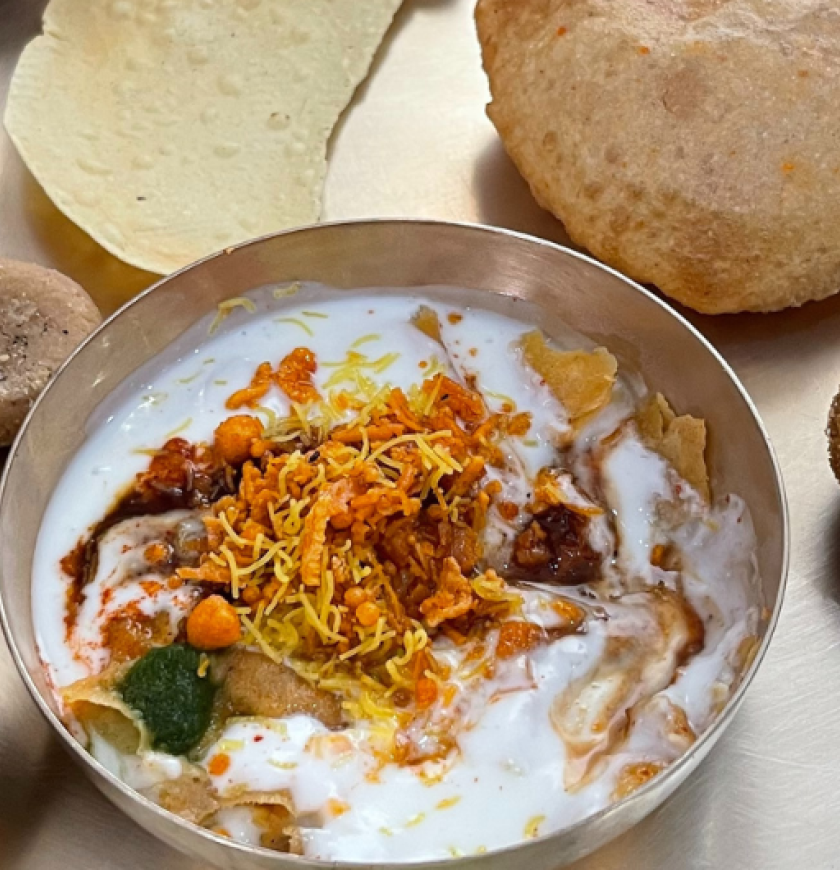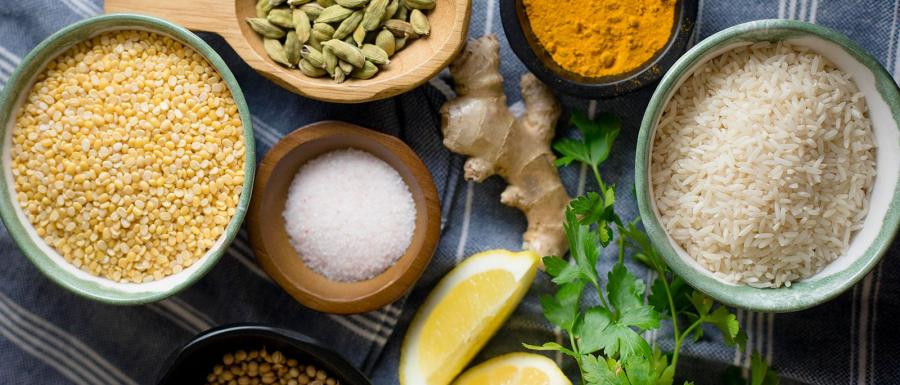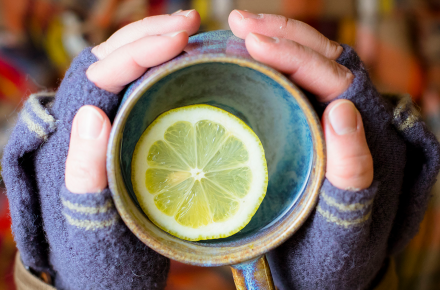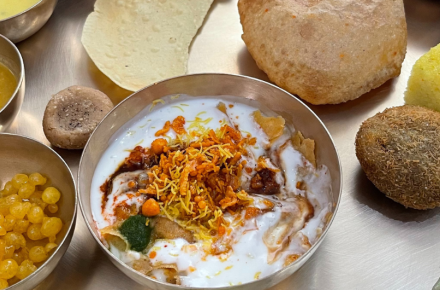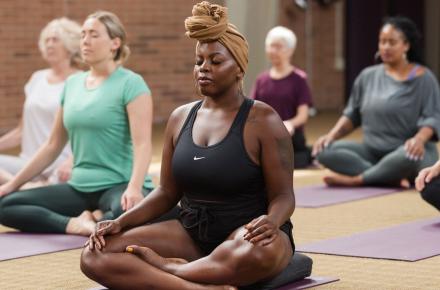Are Smoothies Really Good for You? Here’s What Ayurveda Says

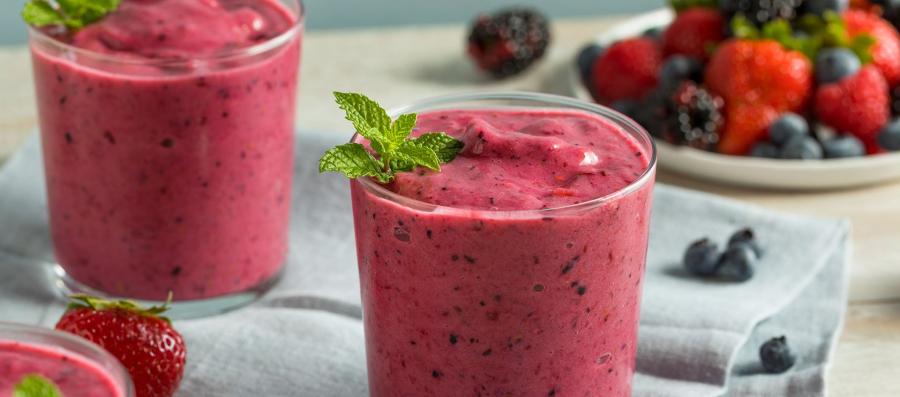
When we talk about food in the Kripalu School of Ayurveda (KSA), there's always a student who wants to know where Ayurveda stands on the topic of smoothies. And Dr. Rosy (as we call faculty member Rosy Mann) will demurely shake her head and say something along the lines of “Ohhh, no smoothies.”
There are three big reasons why Ayurveda does not look kindly upon smoothies …
They’re cold.
Consuming cold items dampens the agni, the digestive fire that lives in our belly. It is the job of this fire to process and metabolize everything we take in. If we are consuming cold food, this essentially weakens that fire, making our digestive system work harder to tick back up to the right temperature. Over time, if the digestive fire becomes too sluggish, it can’t properly digest food—creating ama, the toxic sludge said to be the mother of all disease.
They’re raw.
For those of you who tend toward gas and bloating, raw foods may not be the right choice. Ayurveda suggests that you eat warm, cooked foods, which tend to be easier to digest. Think about the difference between a raw carrot and a cooked carrot—the experience is worlds apart. You could chew a raw carrot all day, whereas a cooked carrot is buttery soft, and only takes a few bites before it slips down the gullet. Raw food takes more energy to break down and assimilate, and some say the nutrients are not as bioavailable as those in cooked food.
Fruit doesn’t play well with others.
As world-renowned Ayurvedic doctor Vasant Lad says, “Fruit should be eaten alone or left alone.” Fruit by itself is a simple, predigested food. Compared to other foods, it’s lightning fast to digest. However, when fruit is combined with other common smoothie ingredients—like yogurt, protein powders, nut butters, and/or vegetables—the different rates of digestion result in a fermented, gaseous mess. The body has no idea how to process this complicated combination, not to mention the various types of protein. Too taxing on the digestive system!
Are smoothies completely off the table? My suggestion: Simplify them. Rather than combining loads of different fruits, veggies, and proteins, stick with fruits. Or, if your palate is up for it, try an all-veggie smoothie. To support your digestive fire, drink your smoothie at room temperature rather than ice cold. Finally, save the smoothies for the warmer months of the year, and stick to cooked foods in the fall and winter.
Need some inspiration? Try this recipe from The Everyday Ayurveda Cookbook: A Seasonal Guide to Eating and Living Well, by KSA alum and faculty member Kate O’Donnell.
Basil Melon Cooler
Serves 4
4 cups chopped watermelon, honeydew melon, or cantaloupe, seeds removed
4 large basil leaves
¼ teaspoon ginger powder
Juice of 1 lime
¼–½ cup water
Basil leaves and lime wedges for garnish
Put the chopped melon, basil leaves, ginger, and lime juice in a blender carafe along with ¼ cup water. Blend on high speed until the basil has become green flecks. If you prefer a thinner texture, add up to ¼ cup more water. Blend again until smooth. Serve in glasses garnished with a fresh basil leaf and a lime wedge.




